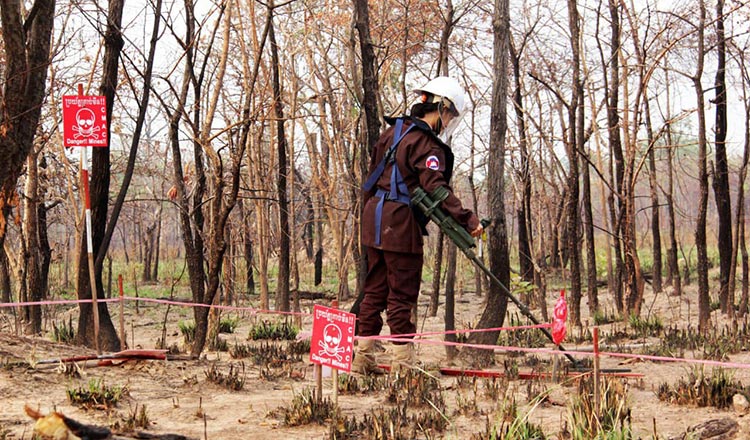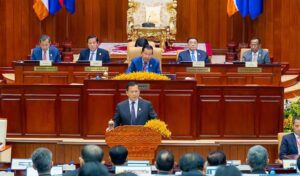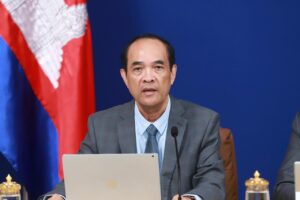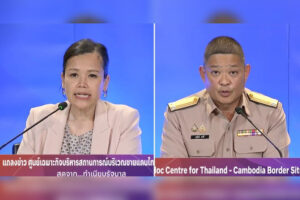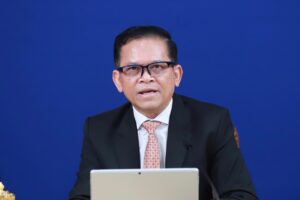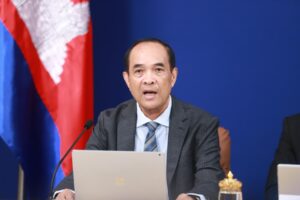From Ceasefire to Smokescreen: Thailand’s Recycled Landmine Excuse
The Royal Thai Army’s latest claim of “self-defense” over a landmine explosion near the Cambodia–Thailand border is not a new tactic—it is a recycled pretext for aggression. Thailand has repeatedly used alleged landmine incidents to justify attacks against Cambodian troops, most recently on 16 and 23 July 2025. Then, as now, these claims were fabricated to frame Cambodia as the aggressor and to rationalize Thai military operations.
Cambodia has long been a victim—not a perpetrator—of landmines, which remain deadly remnants of past conflicts. The mines in question are almost certainly old, unexploded remnants from the civil war era. During five days of fighting prior to the 28 July 2025 ceasefire, Thailand reported no landmine incidents. Yet, immediately during a period of official truce, Thailand invokes the so-called “explosion” as justification for self-defense. The timing exposes a deliberate attempt to manufacture a pretext.
Chief of the Second Army Region, Lt. Gen. Boonsin Padklang, claimed the landmine blast was “like firing” on Thai forces—trying to invoke the right of self-defense under international law. But the UN Charter allows self-defense only in response to an intentional armed attack attributable to another state. Accidental detonations of old mines, without evidence of Cambodian responsibility, do not meet this standard. Using these explosions to justify aggression is a distortion of international law.
The Extraordinary General Border Committee (GBC) minutes make Thailand’s obligations clear: both sides committed to halt all attacks, avoid unprovoked fire, freeze troop deployments, and refrain from reinforcements along the border. Any landmine incident during the ceasefire could only occur if Thai forces violated these agreements by moving into prohibited areas.
Cambodia remains unwavering in its commitment to uphold the ceasefire and pursue a peaceful resolution of the border dispute. The Royal Government of Cambodia is fully dedicated to respecting international law, engaging constructively with Thailand through diplomatic and legal channels, and ensuring that all disputes are resolved in a manner that is lasting, fair, and in accordance with established norms of state sovereignty and regional stability. Cambodia’s approach prioritizes dialogue, adherence to agreements, and the protection of civilians, demonstrating its consistent commitment to peace and stability along the border.
History now repeats itself. Thailand’s recycling of the landmine pretext—first on 16 and 23 July, now during the ceasefire—is not defense but provocation. If hostilities resume, responsibility rests solely with Thailand for undermining the truce and pursuing long-standing territorial ambitions. The international community must see through this smokescreen: Cambodia has upheld its commitments, while Thailand is setting the stage for renewed military aggression. If fighting restarts, Thailand will be the provocateur—breaking the ceasefire to fulfill its ambition of further incursions into Cambodian territory.
Roth Santepheap is a geopolitical analyst based in Phnom Penh. The views expressed are his own.
Source: KhmerTimes

